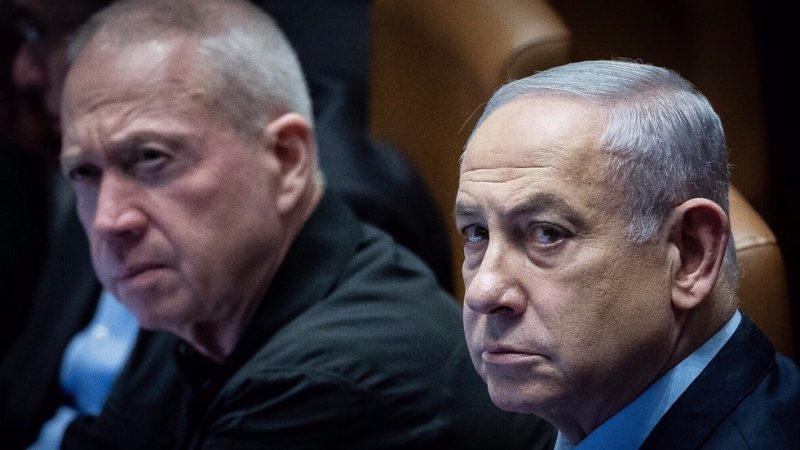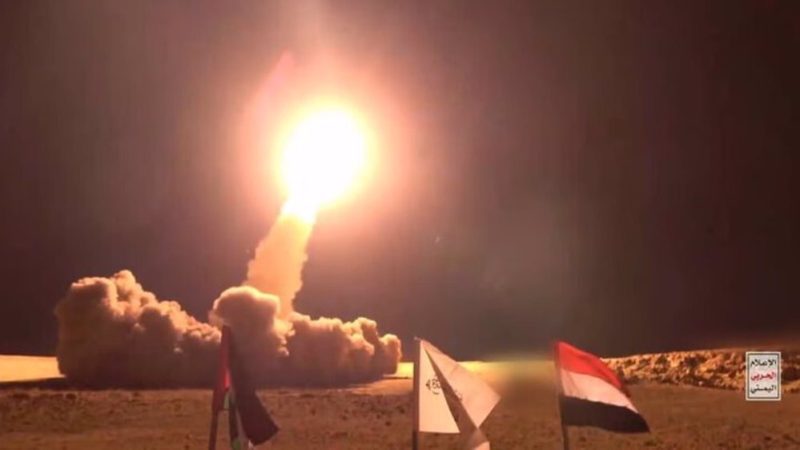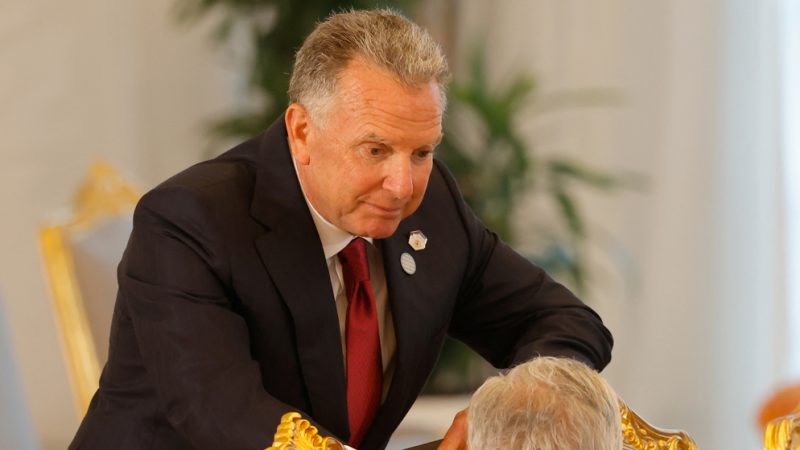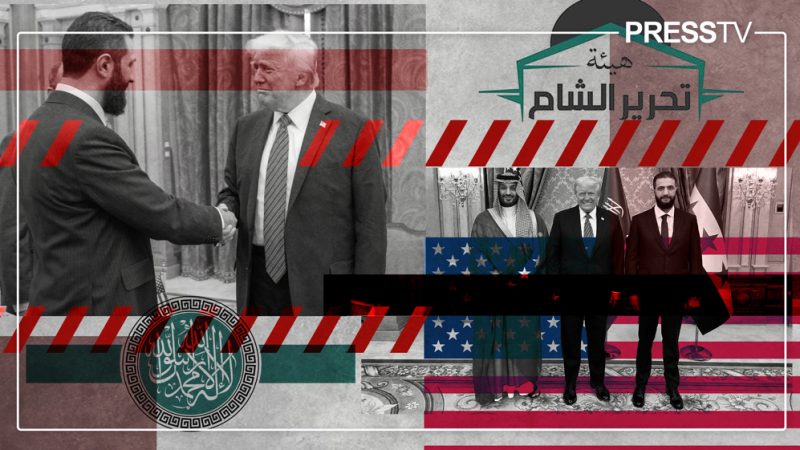US-backed Gaza aid plan lacks impartiality, aims violence: UN

The United Nations says it will not participate in a US-backed humanitarian operation in Gaza, saying the plan breaches its principles of impartiality, neutrality, and independence.
“This particular distribution plan does not accord with our basic principles, including those of impartiality, neutrality, independence, and we will not be participating in this,” deputy UN spokesperson Farhan Haq told reporters on Thursday.
The US and Israel are reportedly moving forward with the creation of a new aid distribution initiative for Gaza, the Gaza Humanitarian Foundation (GHF), in a bid to bypass existing international aid structures.
The UN aid chief Tom Fletcher described the plan as a “fig leaf for further violence and displacement” of Palestinians in Gaza.
Furthermore, the UN Office for the Coordination of Humanitarian Affairs said on Thursday that the UN “has a solid and principled operational plan to deliver humanitarian aid and life-saving services at scale and immediately across the Gaza Strip.”
The foundation is set to start work in Gaza by the end of May while it is reportedly in talks with David Beasley, former executive director of the World Food Program (WFP) and a Nobel Peace Prize laureate, to manage the upcoming establishment.
The Israeli regime has blocked the delivery of all humanitarian assistance to Gaza since March 2, accusing Hamas of stealing aid – a claim the Palestinian resistance group denies.
The Integrated Food Security Phase Classification initiative released on Monday said the Gaza Strip “is still confronted with a critical risk of famine” after more than a year and a half of onslaught against Palestine, with the vast majority of its approximately 2.1 million people at severe risk.
It has found that 244,000 people in Gaza were experiencing “catastrophe/famine.”
The US has provided the Israeli regime with unconditional support for its genocidal war against Palestinians in Gaza, but now says “we have to look at both sides.”
Asked whether he supported Israeli plans to expand the war in Gaza, Trump told reporters: “I think a lot of good things are going to happen over the next month, and we’re going to see. We have to help also out the Palestinians. You know, a lot of people are starving on Gaza, so we have to look at both sides.”
After wrapping up his West Asia tour earlier today, the US president said people in Gaza are starving, adding that he expected “a lot of good things” in the next month.
Tel Aviv had previously proposed a separate plan to distribute aid via six major hubs in southern Gaza, operated by private military contractors and protected by Israeli troops. However, the UN and major aid organizations rejected that plan, citing concerns over militarization of aid, lack of neutrality, and the violation of established humanitarian principles.
This time round, they are trying to dodge the criticisms by establishing “Secure Distribution Sites” operated by civilians, not the Israeli military. Still, the aid would still be delivered through armored convoys and monitored corridors.
Humanitarian activists and philanthropists around the world remain skeptical about the agenda behind the US-Israeli initiative, saying it sidesteps established humanitarian systems and puts Israel’s political goals ahead of saving lives.
They warn that letting governments handpick new aid channels undermines trust, coordination, and the ability to reach people in need.
Under international law, all sides in a conflict must allow food, water, and medicine to reach civilians without obstruction, something Israel has repeatedly failed to do, according to human rights groups and humanitarian organizations.
The UN also warned that food stocks in Gaza may run out within days.






